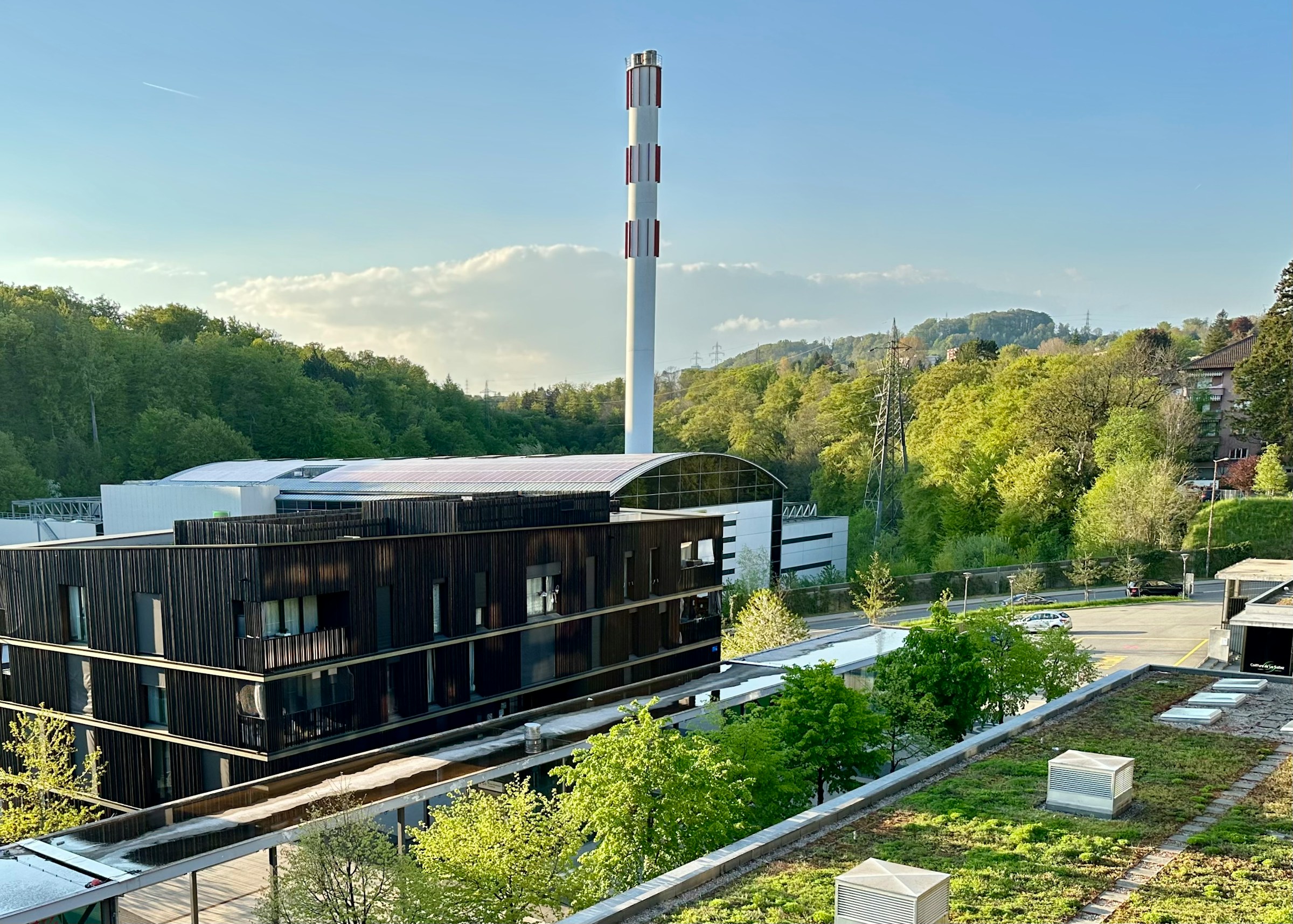The environment and sustainability are at the forefront of many business conversations today. As such, green leases have gained significant traction in the commercial real estate industry. Not only do they make a positive impact on the environment, but they can also generate economic benefits for both landlords and tenants alike.
In Birmingham, where commercial properties are on the rise, the popularity of green leases is growing. But how can a green lease be effectively implemented? Let us navigate through the legal provisions, potential benefits, and best practices when it comes to green leases in Birmingham’s commercial properties.
Lire également : What Is the Economic Impact of Student Housing on Local Markets in College Towns Like Oxford?
Understanding Green Leases
A green lease is essentially a commercial lease agreement that includes clauses stipulating commitments to energy-efficient practices and sustainability. These practices may cover energy use, waste management, water conservation, and more.
Traditionally, the landlord owns the property and has a vested interest in improving its energy efficiency. However, the tenant, as the space user, reaps the benefits of reduced energy costs. This creates a situation commonly referred to as the ‘split incentive’. Green leases seek to bridge this gap by ensuring both parties share the responsibilities and benefits of sustainable practices.
Sujet a lire : How Can Property Investors Navigate the Potential Pitfalls of Asbestos in Older UK Buildings?
Legal Provisions in Green Leases
Birmingham, like the rest of the UK, operates under the Energy Performance of Buildings Directive (EPBD). This law requires the issuance of an Energy Performance Certificate (EPC) for each property. The EPC rates the energy efficiency of a building, with ‘A’ being the most efficient and ‘G’ the least.
For a lease to be considered green, it must contain specific legal provisions. These typically include clauses such as shared energy savings, regular energy audits, and commitments to achieve specific energy efficiency standards. In Birmingham, landlords are now required to ensure their commercial properties meet a minimum EPC rating before granting a lease.
The Role of Landlords and Tenants
In a green lease agreement, both the landlord and tenant have crucial roles to play. The landlord is typically responsible for ensuring the property’s energy performance is at an acceptable level and usually undertakes any necessary improvements to achieve this.
The tenants, on the other hand, are responsible for maintaining the agreed-upon energy efficiency levels during their occupation. This could involve adhering to specific energy usage guidelines, regularly monitoring energy consumption, and cooperating with the landlord in achieving the sustainability goals set out in the lease.
Implementing Green Leases in Birmingham
The implementation of green leases in Birmingham requires a certain level of commitment from both parties. The first step is usually to conduct an energy audit of the property. This will determine the current energy efficiency of the building and highlight areas for improvement.
Once the audit is complete, the landlord and tenant can enter into negotiations to determine the specifics of the lease agreement. The goal should be to strike a balance – ensuring the property becomes more energy efficient without placing an undue financial burden on either party.
During the lease term, regular energy audits should be conducted to ensure compliance with the green lease conditions. Both parties should also maintain open lines of communication, discussing any issues that may arise and working together to solve them.
Benefits of Green Leases in Commercial Properties
Adopting a green lease for a commercial property in Birmingham has several notable benefits. For landlords, these leases can increase the value of the property and attract high-quality tenants who are committed to sustainability.
Tenants benefit from reduced energy costs, improved working environments, and the ability to meet their corporate social responsibility goals. Green leases also contribute to Birmingham’s wider sustainability goals, helping to reduce the city’s overall carbon footprint and encouraging more sustainable practices in the commercial property market overall.
In conclusion, the implementation of a green lease agreement in commercial properties in Birmingham requires a clear understanding of the concept, a knowledge of the related legal provisions, a commitment from both landlords and tenants, and a focus on the potential benefits. With this in place, Birmingham’s commercial properties can join the growing global trend towards a more sustainable future.
The Role of Legal Services in Green Leases
The role of a law group or legal services is often overlooked, yet it is crucial to the implementation of green leases in Birmingham’s commercial properties. It is the responsibility of the legal team to ensure that the green lease agreement is legally binding and adheres to all necessary regulations, including those outlined in the Energy Performance of Buildings Directive (EPBD).
Legal services also play an essential role in drawing up the initial green lease agreement. They ensure that the lease’s stipulations are clear, covering all aspects of energy efficiency, waste management, water conservation, and more. The law group also has to ensure that the responsibilities of both the landlord and tenant are clearly stated, reducing the risk of property disputes in the future.
The law group or legal team is also responsible for interpreting the Energy Performance Certificate (EPC) and understanding how it affects the commercial property in question. They need to guarantee that the property meets the minimum EPC rating before the lease is granted, ensuring compliance with Birmingham’s green lease requirements.
Furthermore, legal services provide invaluable advice to both landlords and tenants concerning their roles and responsibilities under a green lease. They can provide guidance on how to maintain the agreed-upon energy efficiency levels, adhere to energy usage guidelines, and cooperate effectively to achieve the sustainability goals set out in the lease.
Utilizing Property Management for Green Leases
Property management is another crucial aspect when it comes to implementing green leases in Birmingham’s commercial properties. A good property manager can make a significant difference in ensuring the successful execution of green lease provisions.
Property managers are typically responsible for overseeing the regular energy audits that are required under green leases. They ensure that these audits are conducted accurately and on schedule, attempting to maintain or improve the property’s energy performance.
Property managers are also tasked with being the link between landlords and tenants. They must ensure that both parties adhere to their responsibilities under the green lease, addressing any issues that arise promptly and effectively. This responsibility includes ensuring that tenants follow the agreed-upon energy usage guidelines and that landlords make necessary improvements to maintain or improve the property’s energy efficiency.
Moreover, they also play a crucial role in the initial negotiations of the green lease agreement. Property managers can guide the discussion, ensuring that the lease agreement is fair and balanced, and does not place an undue financial burden on either party. They can also help to identify potential areas for energy efficiency improvements following an energy audit.
Conclusion
By understanding the concept of green leases, the legal provisions related to them, and the role of different stakeholders, commercial property owners in Birmingham can effectively implement a green lease agreement. Legal services like a law group can provide necessary guidance to ensure the lease is legally binding and meets all regulatory requirements. Meanwhile, property management can aid in enforcement of green lease provisions and ensure smooth landlord and tenant relations. This not only contributes to the sustainability goals of Birmingham but also provides numerous benefits to both the landlords and tenants of commercial properties. With everyone’s commitment and cooperation, Birmingham’s commercial real estate industry is well on its way to a greener future.






